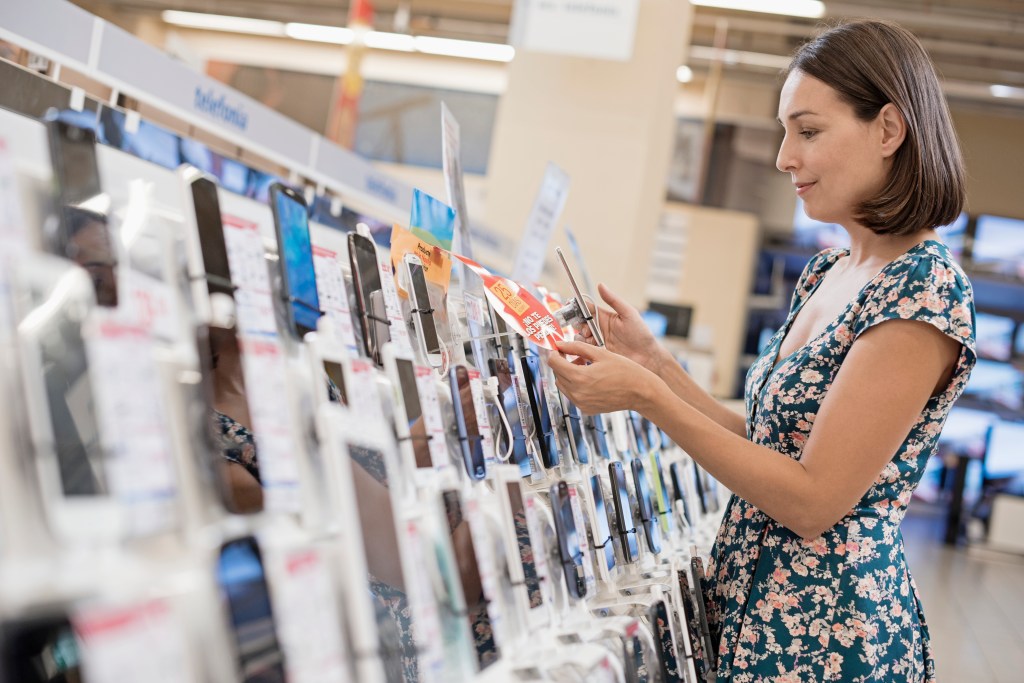We’re seeing the needs, expectations and behaviours of young South African consumers evolve at a pace that threatens to leave brands behind. As centennials – or Generation Z – move into the workforce and become the next wave of consumers, brands will need to rethink many of their assumptions about what customers want.
GfK data – including Consumer Life* and FutureBuy** data and insights – paints a picture of deepening disruption as a digital-native generation puts its stamp in the world.
Here are five consumer needs we see emerging as digital technology and platforms reshape the consumer landscape:
1. Instant everywhere
What do today’s consumers want? Everything! When do they want it? Now!
We’re living in an always-on world, where consumers expect on-demand access to products and services 24 hours a day, seven days a week. Among South African consumers, 62% want the shops to be open at all times. A third are willing to purchase an inferior product or service if it is available when they want it – a number that rises to 42% among Generation Z. And, one of the primary meanings of innovation for these consumers is “a faster way of doing something”.
Everything from media to transport to food is becoming an on-demand service. For an example of this trend, just look at how on-demand video streaming has changed the game. No longer do we want to wait for broadcaster to roll out a television series in weekly episodes – we’d prefer it to drop the entire season in one go so that we can binge-watch over the weekend. And the idea of booking a taxi to the airport seems quaint when you can hail a ride from your smartphone at any time and it will be there to pick you up within five to 10 minutes.
2. Knowledge is power
Some 87% of Generation Z consumers rate knowledge – whether it comes from a price comparison site or their university studies – as their number 1 value. Generation Z is South Africa’s most educated generation yet, with a higher proportion having the opportunity for tertiary education than earlier generations. Plus, ubiquitous mobile connectivity has empowered them with instant access to information from a device they can hold in their hands. Some 73% of Generation Z respondents in our research are studying and 84% compare prices online before buying. Not only do they like acquiring knowledge, they also value sharing their insights, and opinions with friends and family via social channels.
3. Maximising experiences
Today’s consumer increasingly cares more about the ride than the car. More than half (55%) of Generation Z respondents say experiences are more important than possessions, and 72% value enjoying life as a priority. Ownership of many commodities is already just about extinct – rather than buying software, CDs, or DVDs, for example, we subscribe to music streaming, video streaming and cloud software services. Even personal transport is becoming an on-demand service. Brands that focus on selling products need to be thinking about how they can turn them into delightful experiences.
4. Me-centricity
Our research shows that personalisation continues to grow in importance as consumers ask where a product can add more tangible value to their lives. Generations Y and Z want products and services to be tailored to their personal quirks. They want to be able to make products more relevant to their personal lives – if brands don’t offer personalised offerings, these consumers will either try to configure the offerings to their own needs or look to another provider. Around 60% of Generation Y respondents – and 58% of the total South African respondent base – like to buy products tailored to their needs. Nearly two thirds of Generation Y like technology that makes personalised recommendations and 25% value automated products because they allow for personalisation.
5. Rise of ‘hometainment’
Given South Africa’s safety concerns, consumers are staying at home more, where they recognise that they have access to a wider range of personalised and premium entertainment choices.
Protecting the family is the top value for South African consumers and 74% say they are always concerned about their safety. Three quarters say that they enjoy spending time at home – the reasons for this include safety and the ability to make sophisticated entertainment choices. Between video and music streaming services, the proliferation of food delivery services, and more ecommerce options, this trend is likely to grow.
Closing words
To meet these emerging needs, brands will need to pivot towards digital channels and become more data-driven in how they interact with consumers. Not only should they seek to deliver personalised services, they should understand consumers’ needs in context so they can address them with the right offering for the right moment. Brands that ignore this trend risk falling behind the curve.
*GfK Consumer Life is a global data and insight service that provides a view on how consumers’ everyday lives are evolving. It provides access to what people think, and what people do on a global, regional, local or micro level.
**GfK FutureBuy is a global syndicated study providing insight about how shopping is evolving across FMCG, Tech and Durables and other categories, in 35 countries across the globe, including South Africa.






